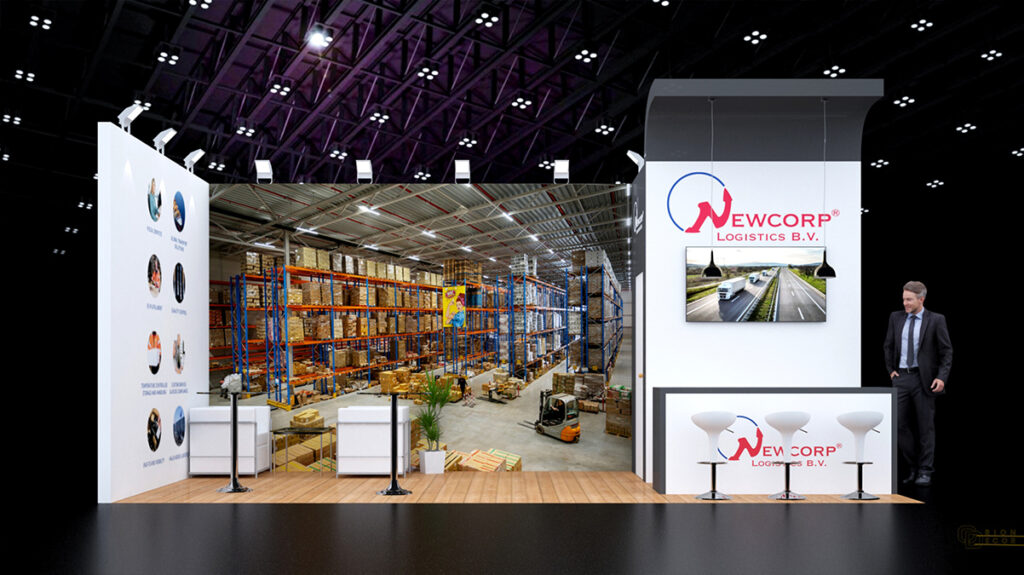Van druif tot glas duurzame innovaties die de wine supply chain transformeren
De wijnindustrie kent de urgentie. In de gehele wine supply chain moeten milieuvriendelijke praktijken hoog in het vaandel staan. Van productie tot verzending. Wanneer een bedrijf zich committeert aan duurzaamheid in zijn processen, laat hij zien een verschil te willen maken. Laat duurzaamheid nu net hét onderwerp zijn voor ProWein 2024. De wijnindustrie zoekt naar nieuwe manieren om de klimaatimpact te verminderen. Kun je in de wijnindustrie voldoen aan het concept sustainability wanneer alleen de verpakking gemaakt is van duurzame materialen? Of als het productieproces duurzaam is? Het antwoord is nee. Ook op het gebied van logistiek en supply chain management valt er nog veel te verbeteren. In werkelijkheid is dit antwoord ingewikkelder.
Verantwoorde productie
Het begint allemaal bij de productie van wijn. Er wordt steeds vaker gekozen voor biologische en biodynamische methoden in de wijngaarden. Dit omvat het gebruik van natuurlijke meststoffen, het minimaliseren van chemische pesticiden en herbiciden, en het bevorderen van biodiversiteit. Ook watermanagement is een belangrijk onderdeel. Denk aan efficiëntere waterbeheersystemen of het gebruiken van opgevangen regenwater. De ideale situatie als wijnmakerij is om te functioneren als een wijngaard dat gecertificeerd is als klimaatneutraal. Durf de positie in te nemen van een pionier op het gebied van duurzame wijnbouw. Mede door hernieuwbare energie, regenwateropvang en natuurlijke irrigatie kan dit worden gerealiseerd.
Energiebesparend opslaan
Bij de bouw en renovatie van wijnopslagfaciliteiten wordt steeds vaker gebruik gemaakt van duurzame materialen. Het klimaat binnen een opslagruimte van wijn moet gereguleerd worden, hiervoor is energie essentieel. Wijnhuizen investeren in energiebesparende technologieën, zoals zonnepanelen en windenergie, om zo hun ecologische voetafdruk te verkleinen. Newcorp Logistics, hoogwaardig logistiek expert voor wijn en gedistilleerd, past in de loods milieuvriendelijke opslagoplossingen toe. Met temperatuur gecontroleerde loodseenheden kunnen de perfecte omstandigheden worden nagebootst. Naast de verduurzaming binnen, is de organisatie met het exterieur werkzaam geweest. Door de enorme opslagruimte is er veel ruimte voor zonnepanelen op het dak. Deze zijn onlangs geplaatst en hebben samen een capaciteit van 1.000.000 kW/h, wat genoeg is voor 283 huishoudens. Op deze manier kan stroom energieneutraal worden opgewekt. De investering is niet alleen voor Newcorp een stap naar de toekomst, ook voor het milieu en de klant.
Minimaliseren van transport
Door het optimaliseren van logistieke processen en het gebruik van efficiënte transportroutes kunnen wijnopslagfaciliteiten de CO2-uitstoot verminderen die gepaard gaat met het transport van wijn van en naar de opslaglocaties. Grotere wijnbedrijven minimaliseren bijvoorbeeld het vrachtvervoer tussen hun faciliteiten. Voorheen werd glas verzonden naar een andere locatie om te bottelen, waarna de wijnen terug getransporteerd werden. De beste uitkomst zou zijn om de botteling op één locatie te consolideren. Dit is mogelijk de meest ecologisch verantwoorde manier waarop een fles wijn bij een consument terechtkomt. In de realiteit is dit niet altijd mogelijk, met name door globalisering en het internationale karakter van de distributie naar de eindklanten.
Duurzaam verzendproces
Wanneer er gedacht wordt aan een duurzaam aspect in een logistiek proces, gaat de gedachte al snel naar verpakkingen. Alhoewel dit één van de belangrijkste aspecten is, is dit zeker niet het enige initiatief. In de wijnindustrie worden kartonnen verpakkingen en gerecyclede flessen gebruikt om de impact op het milieu te verminderen. De innovativiteit gaat inmiddels een stuk verder. Wijn is een kwetsbaar goed en moet daardoor met zorg worden vervoerd. Maar, tegenwoordig hebben kwaliteitswijnen geen zware flessen meer nodig. Het glas is een van de grootste uitstoters van broeikasgassen. Door het gewicht van het glas te verminderen (het zogeheten lightweighting) zijn er grote besparingen mogelijk. Verminder je het glas met een aantal procent, dan zal dit resulteren in een vermindering van emissies en een aanzienlijke besparing aan glaskosten. Ook de rest van de verpakking verdient aandacht. De houten dozen kunnen vervangen worden naar lichtere recyclebare kartonnen containers, met oplosbare maïsinzetstukken om een veilige transport zonder scherven te garanderen. Tot slot een oplossing dat voorheen de norm was: hergebruik van flessen. Naarmate het concept van een circulaire economie momentum krijgt onder professionals in de wijnindustrie – en consumenten – zal deze standaard langzaamaan terugkeren.
Voor wijnproducenten die op zoek zijn naar een duurzame logistieke oplossing, is Newcorp Logistics de ideale partner. Als hoogwaardig logistiek expert draagt Newcorp een grote verantwoordelijkheid voor de groene transitie op het gebied van logistics en supply chain management. Bij Newcorp Logistics slaan we wijn en gedestilleerd in verschillende verpakkingen op, van het vat tot aan een fles. Newcorp Logistics biedt volledige service aan de de wijnindustrie, als een van de weinige accijnsgoederen specialisten in Nederland en weet op correcte wijze ieder (kwetsbaar) product te behandelen. Met een locatie op korte afstand van de havens van Rotterdam en Antwerpen zijn wij in staat de transportkosten en CO2-uitstoot te minimaliseren. Met een focus op duurzaamheid maken we de toeleveringsketens waarin wij actief mogen zijn iedere dag een beetje bestendiger.

